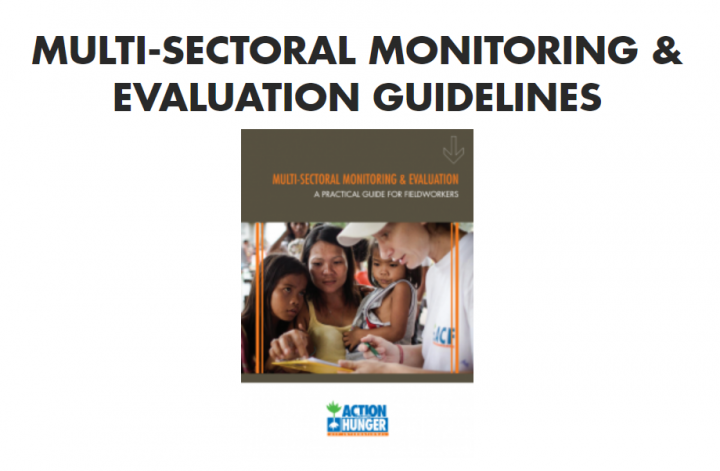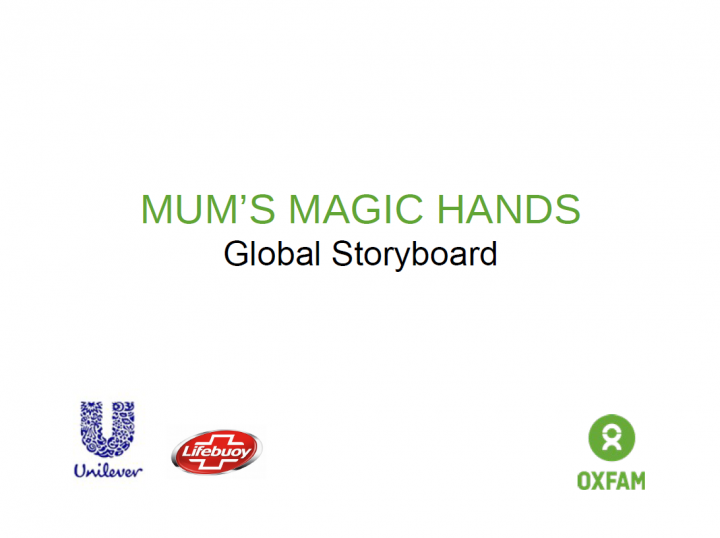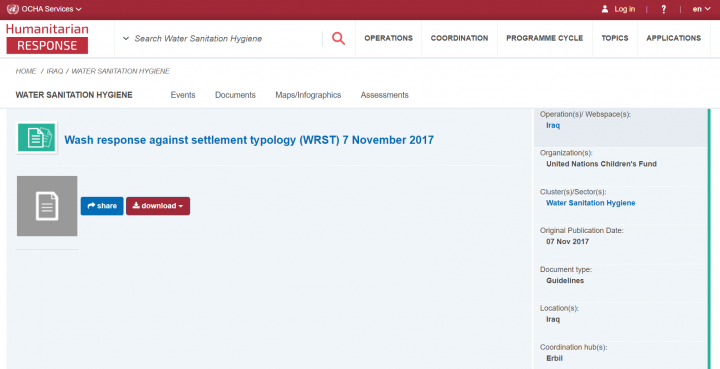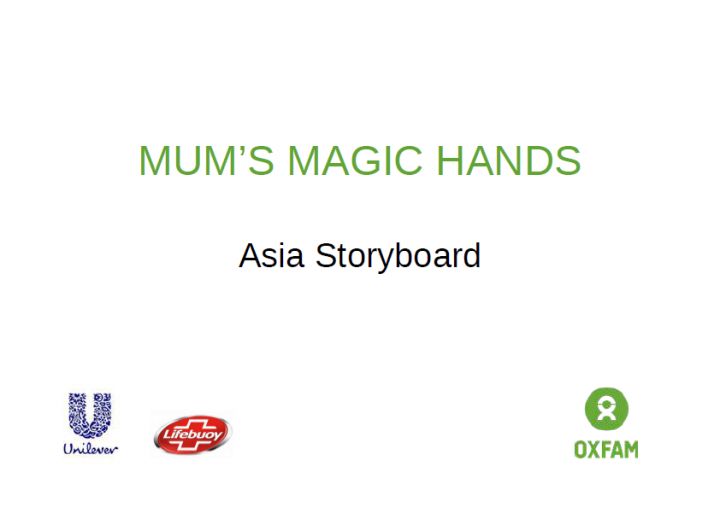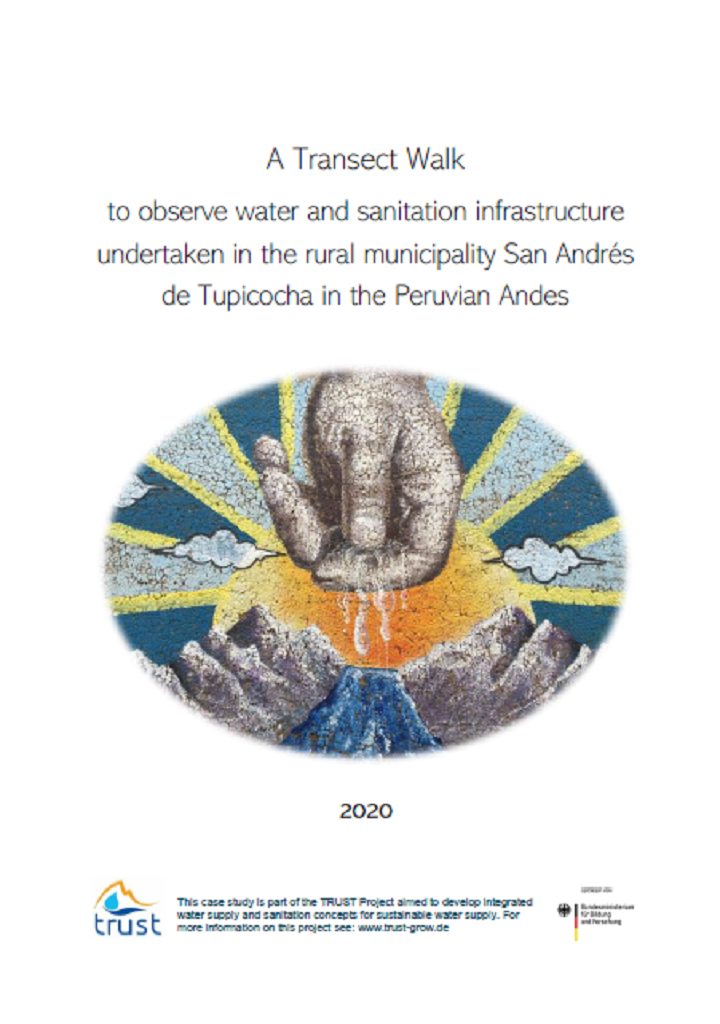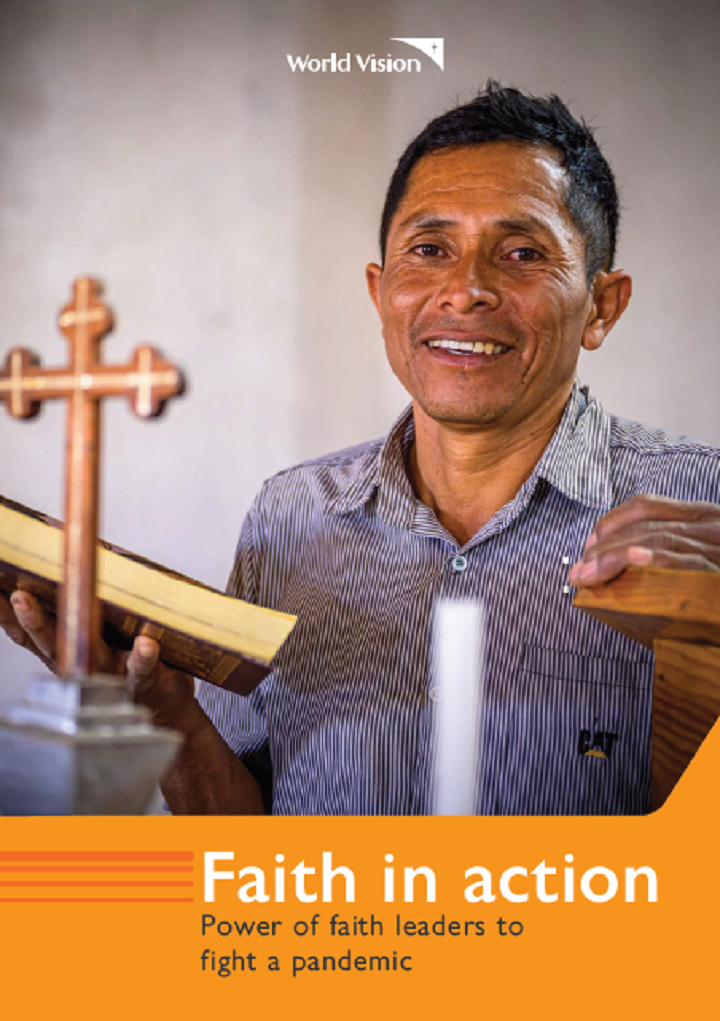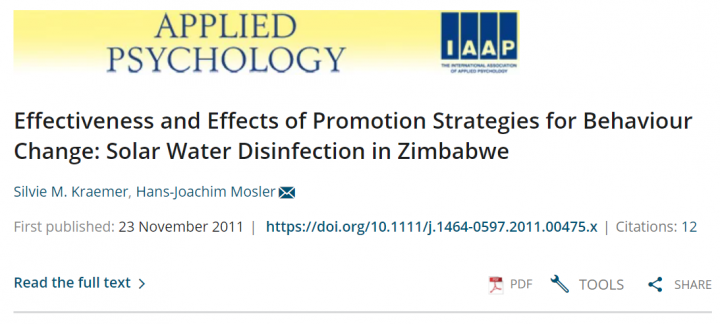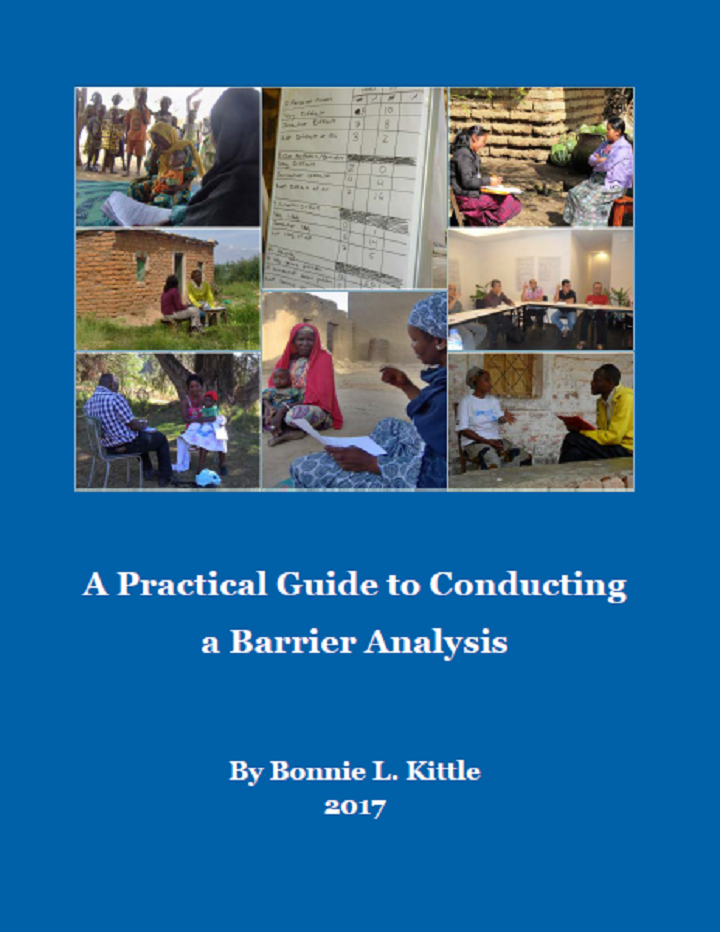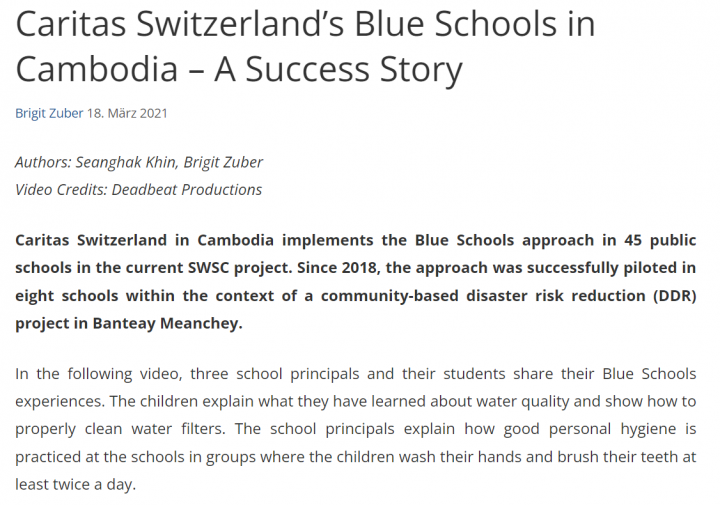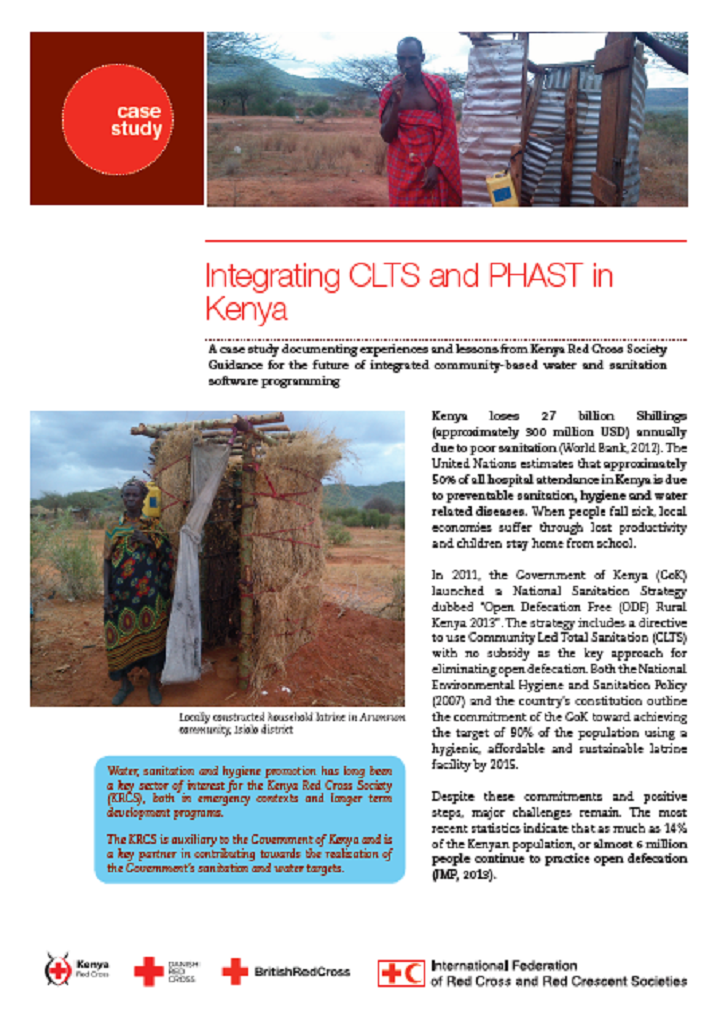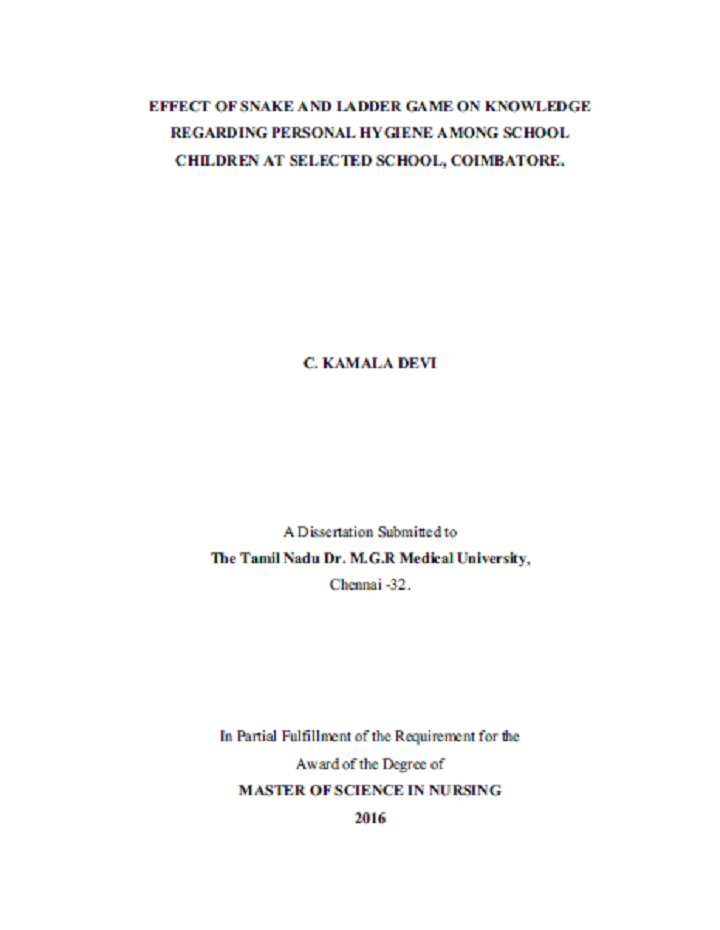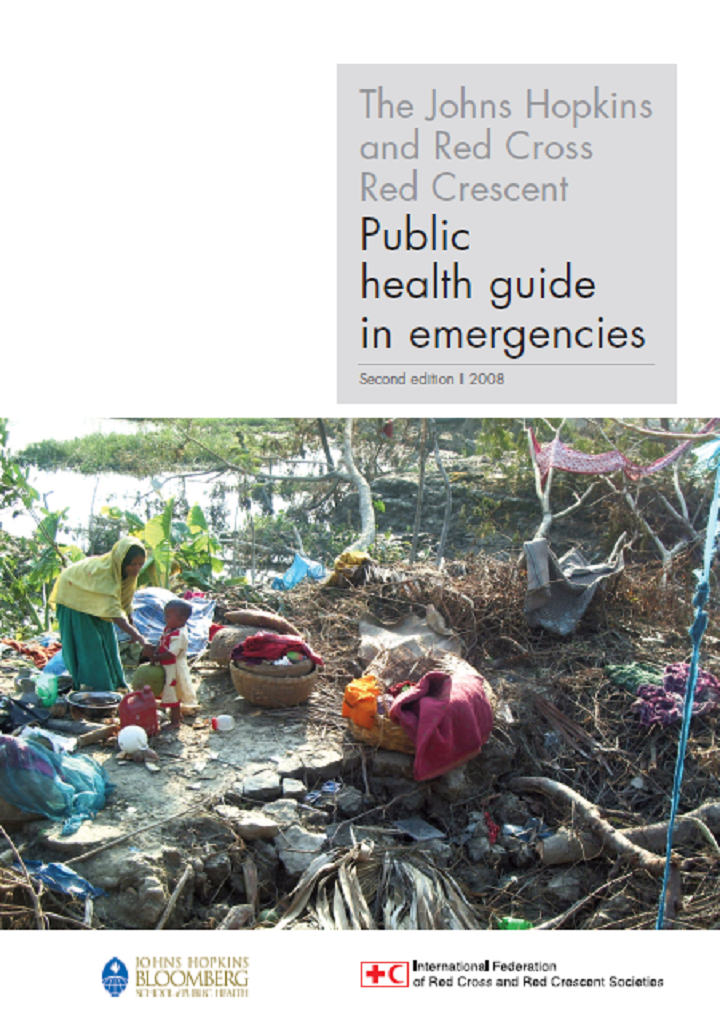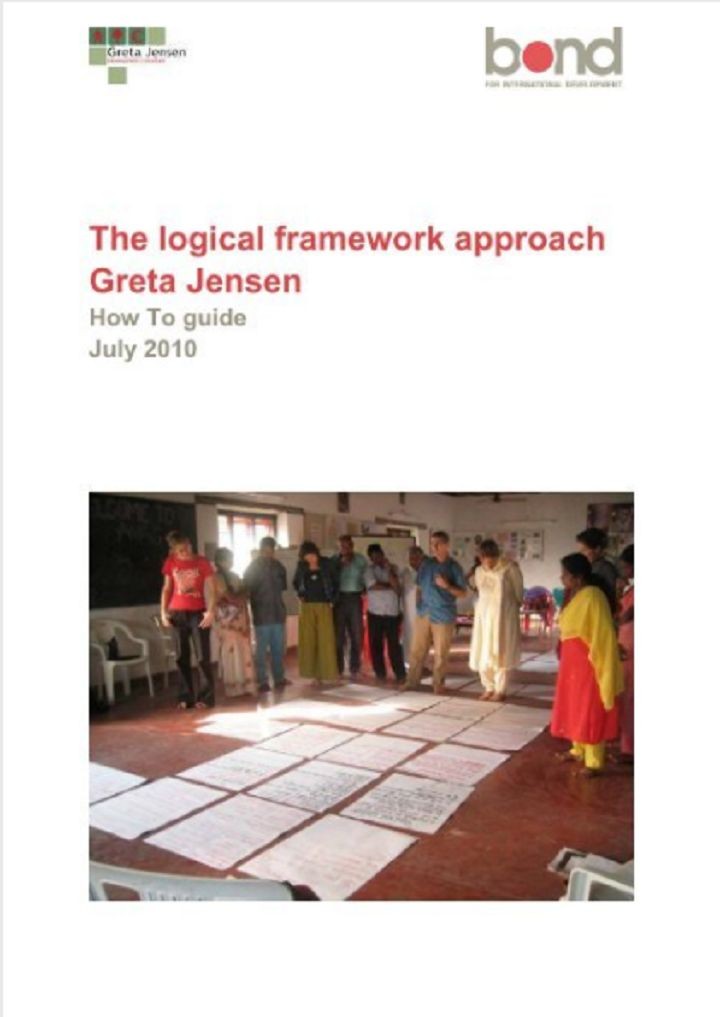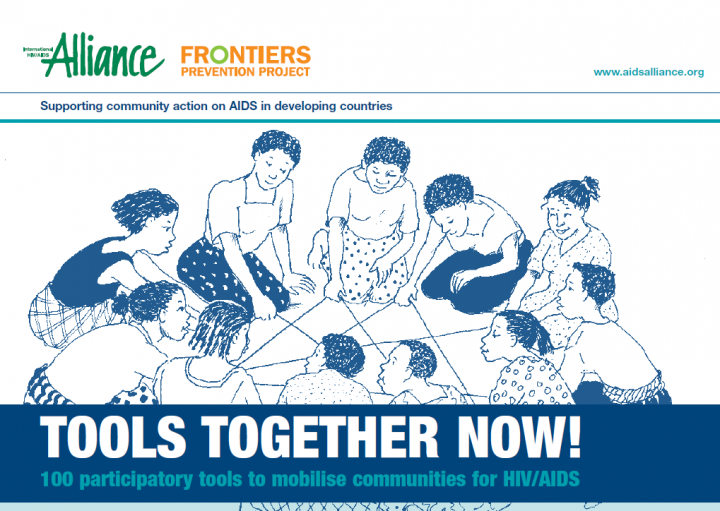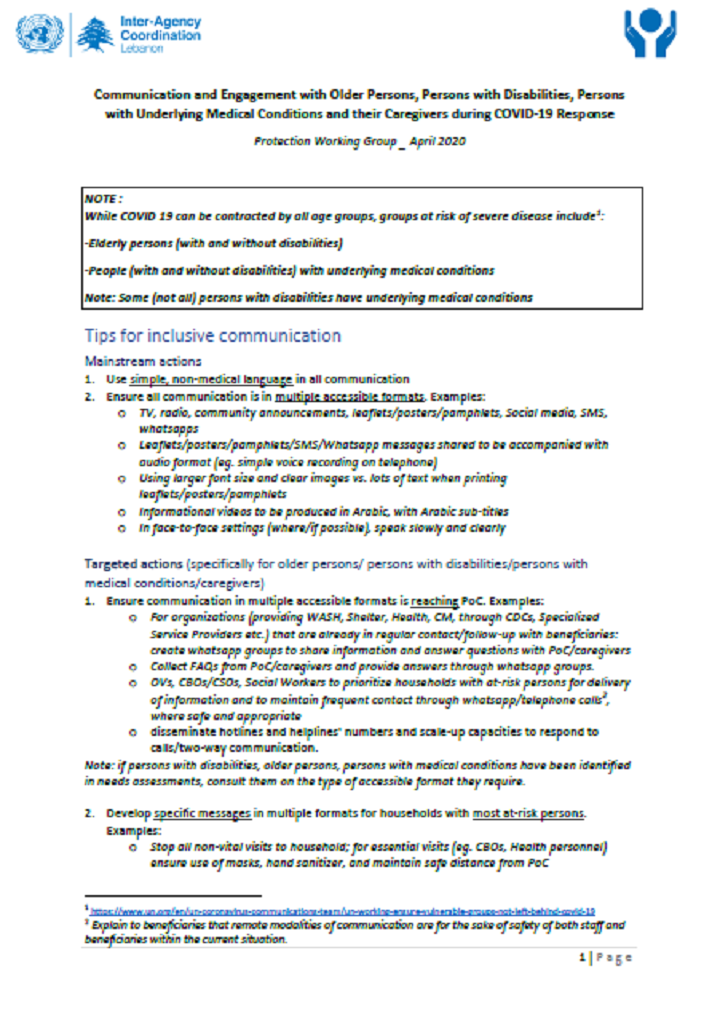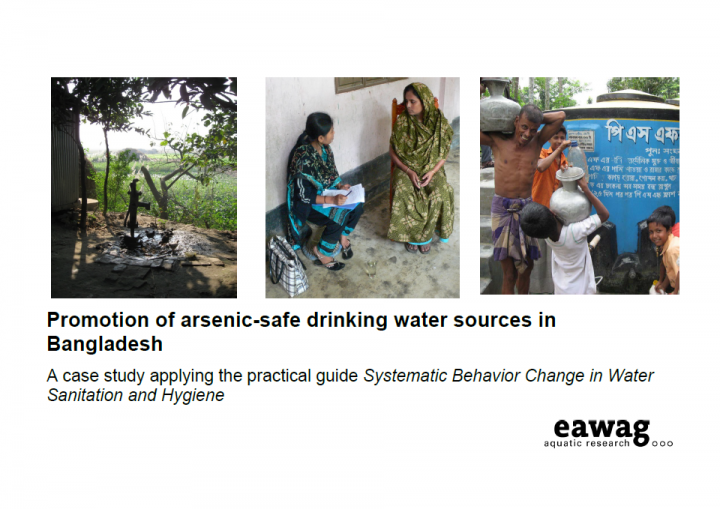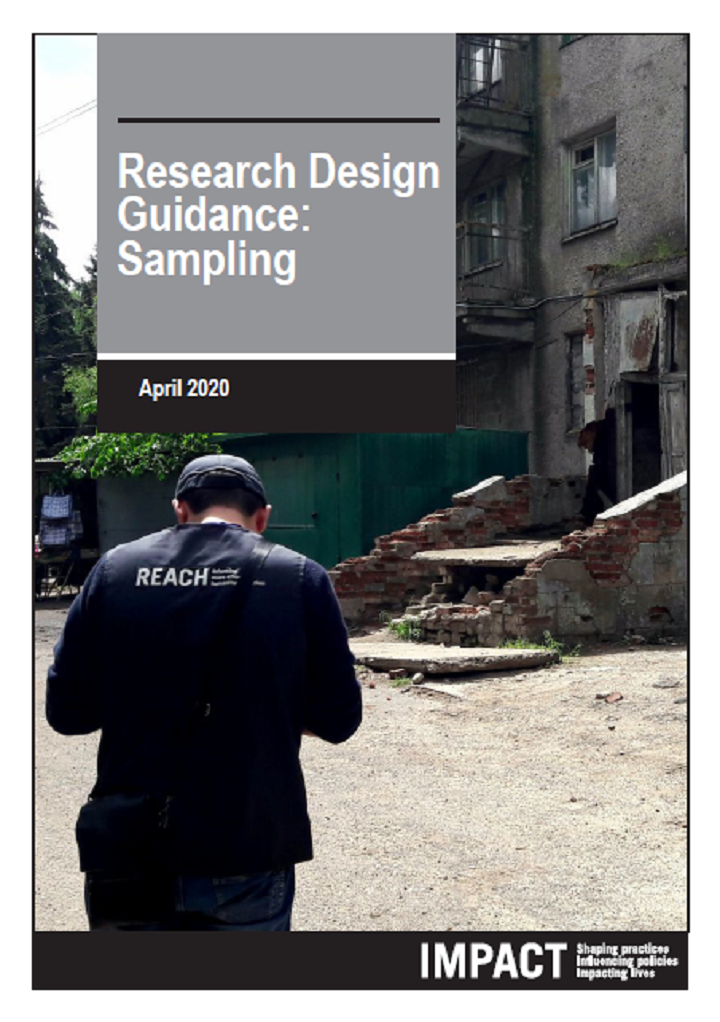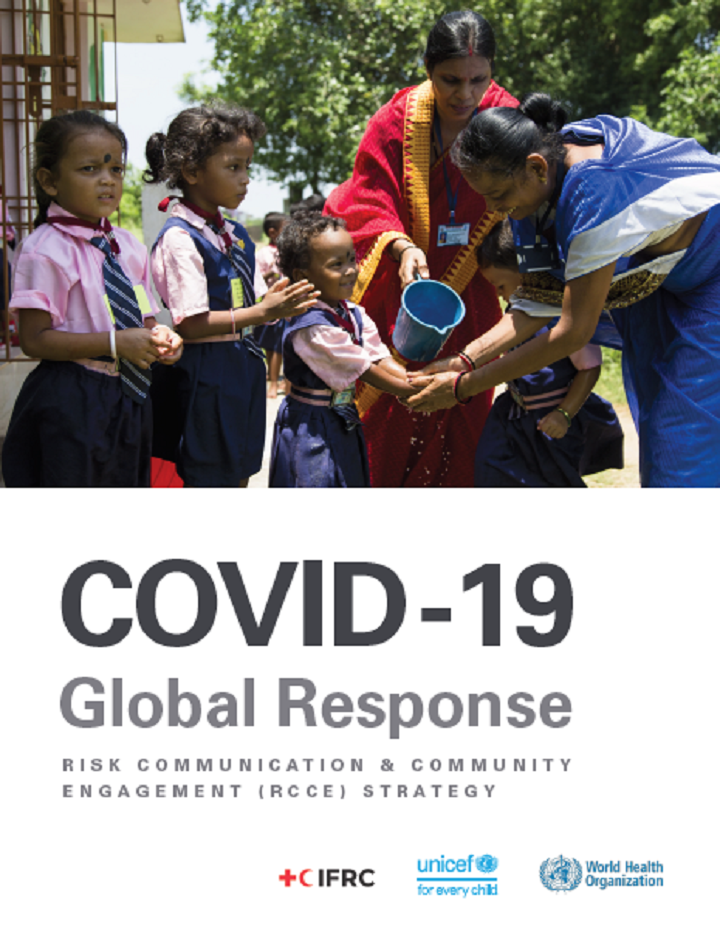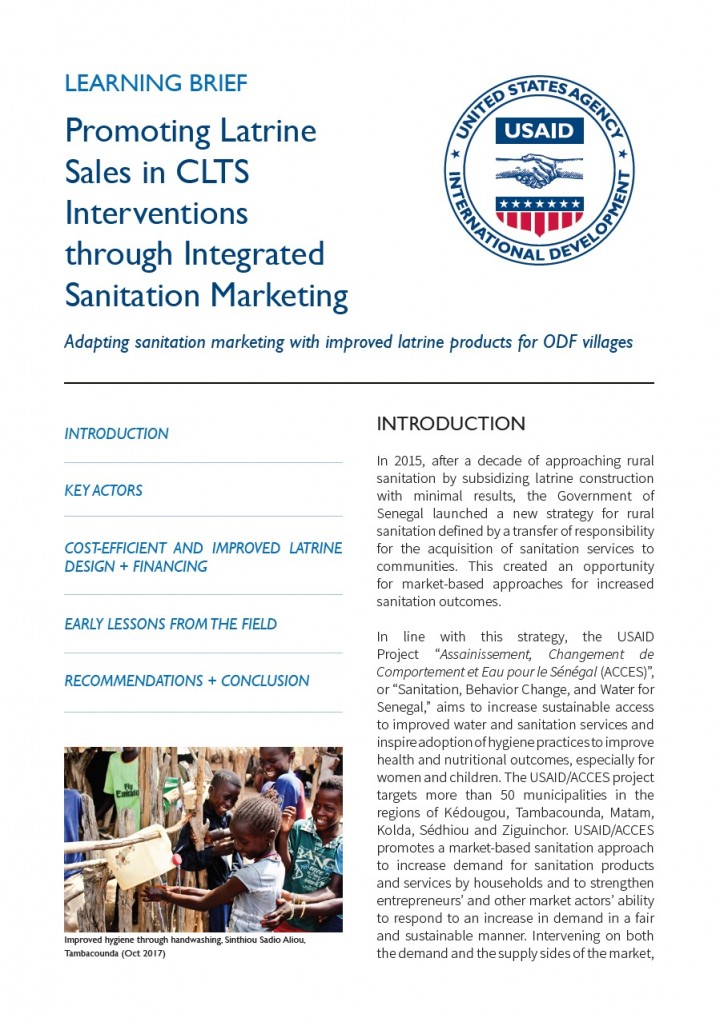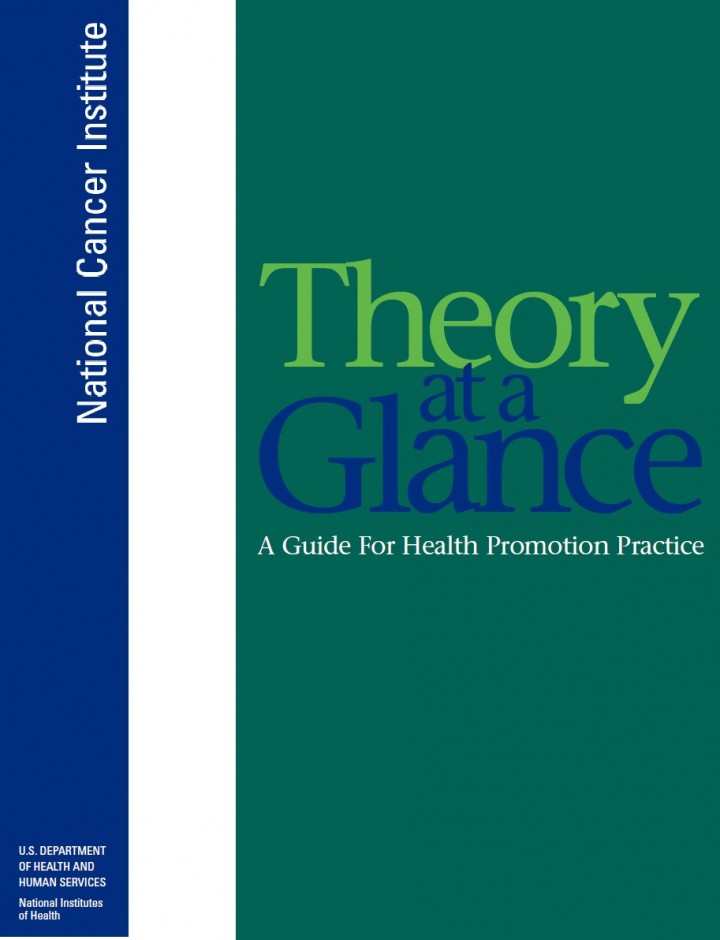Oxfam (2018) Mum’s Magic Hands. Global Story Board
Oxfam and Unilever’s Chief Sustainability Office carried out extensive research on handwashing practice in emergency contexts. We found nurture to be one of the most powerful motivators driving handwashing with soap among mothers. Even during a crisis, mothers continue to nurture their children to ensure they go onward in life and succeed in bringing fruition to their efforts and fulfillment to their lives. Handwashing fits […]
UNICEF (2017) WASH Response Against Settlement Typology
Oxfam (2018) Mum’s Magic Hands. Asia Storyboard
Oxfam and Unilever’s Chief Sustainability Office carried out extensive research on handwashing practice in emergency contexts. We found nurture to be one of the most powerful motivators driving handwashing with soap among mothers. Even during a crisis, mothers continue to nurture their children to ensure they go onward in life and succeed in bringing fruition to their efforts and fulfillment to their lives. Handwashing fits […]
Kramer, H.K., Krauss, M., León, C.D. (2020) A Transect Walk to Observe Water and Sanitation Infrastructure Undertaken in the Rural Municipality San Andrés de Tupicocha in the Peruvian Andes
Indicators are essential to monitor the progress of the Agenda 2030. An indicator summarizes information and helps policy makers to take important decisions regarding the implementation of measures to achieve the Sustainable Development Goals (SDGs). However, this requires data that is not available in many places. In order to fill this data gap, a transect walk with local stakeholders can contribute to the collection of […]
Kraft, K., Kaufmann, A. (2021) Faith in Action. Power of Faith Leaders to Fight a Pandemic
Kraemer, S., Mosler, H.-J. (2011) Effectiveness and Effects of Promotion Strategies for Behaviour Change: Solar Water Disinfection in Zimbabwe
Solar water disinfection (SODIS) is a sustainable method of water treatment. Despite the simplicity and many advantages of SODIS, past behaviour change campaigns have seen limited success. This study aims to compare intervention strategies in their efficiency in changing behaviour and to analyse which behavioural factors are differentially affected. The following factors were analysed in this study: intention, subjective norm, behavioural control, beliefs, habits, frequency […]
Kittle, B.L. (2017) A Practical Guide to Conducting a Barrier Analysis. Second Edition
The Practical Guide to Conducting a Barrier Analysis is a training curriculum that builds skills to plan and carry out a Barrier Analysis survey. The very practical, hands-on learning exercises help learners to answer the most common and frequently perplexing questions that arise during implementation. The use of the survey as a behavior change tool is made clear by first introducing the Designing for Behavior […]
Khin, S., Zuber, B. (2021) Caritas Switzerland’s Blue Schools in Cambodia – A Success Story
Kenya Red Cross (2018) Integrating CLTS and PHAST in Kenya
A case study documenting experiences and lessons from Kenya Red Cross Society Guidance for the future of integrated community-based water and sanitation software programming.
Johns Hopkins University, IFRC (2008) The Johns Hopkins and Red Cross Red Crescent Public Health Guide in Emergencies. 2nd Edition
This is the second edition of The Johns Hopkins and International Federation of Red Cross and Red Crescent Societies Public Health Guide for Emergencies, a textbook that has been widely used in the classroom and the field. We are excited with the production of this second edition which captures both the experience of the Federation and the academic public health perceptions of Johns Hopkins University. […]
Jensen, G. (2010) The Logical Framework Approach. How to Guide
International HIV Aids Alliance (2006) Tools Together Now: 100 Participatory Tools to Mobilize Communities on HIV/AIDS
Inter-Agency Coordination Lebanon (2020) Communication and Engagement with Older Persons, Persons with Disabilities, Persons with Underlying Medical Conditions and their Caregivers during COVID-19 Response
Inauen, J., Mosler, H.-J. (2016) Mechanisms of Behavioural Maintenance: Long-Term Effects of Theory-Based Interventions to Promote Safe Water Consumption
Theory-based interventions can enhance people's safe water consumption, but the sustainability of these interventions and the mechanisms of maintenance remain unclear. We investigated these questions based on an extended theory of planned behaviour. Seven hundred and ten (445 analysed) randomly selected households participated in two cluster-randomised controlled trials in Bangladesh. Study 1 promoted switching to neighbours' arsenic-safe wells, and Study 2 promoted switching to arsenic-safe […]
Impact Initiatives (2020) Research Design Guidance: Sampling
Sampling is the process of selecting units (i.e. a sample) within the wider population of interest, so as to be able to make inferences and estimate characteristics and behaviour of the wider population. Sampling is different from census which is when every single unit within the wider population of interest is covered for the research. A complete census is often not practical or possible in […]
IFRC, UNICEF, WHO (0) Covid-19 Global Response Risk Communication & Community Engagement (RCCE) Strategy
A clear and integrated Risk Communication and Community Engagement (RCCE) strategy and response is vital for community uptake of essential public health and biomedical interventions to prevent and control the spread of disease. This strategy ensures dialogue and participation of all stakeholders and affected communities during preparedness, readiness and response. The COVID-19 outbreak and response has been accompanied by an “infodemic:”an overabundance of information from various […]
USAID (2020) Promoting Latrine Sales in CLTS Interventions through Integrated Sanitation Marketing Learning Brief
In 2015, after a decade of approaching rural sanitation by subsidizing latrine construction with minimal results, the Government of Senegal launched a new strategy for rural sanitation defined by a transfer of responsibility for the acquisition of sanitation services to communities. This created an opportunity for market-based approaches for increased sanitation outcomes. In line with this strategy, the USAID Project “Assainissement, Changement de Comportement et […]
US Department of Health and Human Services (2005) Theory at a Glance A Guide for Health Promotion Practice (2nd Edition)
Theory at a Glance describes influential theories of health related behaviors, the process of shaping behaviors, and the effects of ecological factors on behavior. The guide addresses the ways in which theory and models can be used in the planning, implementation, and evaluation of health promotion programs.
